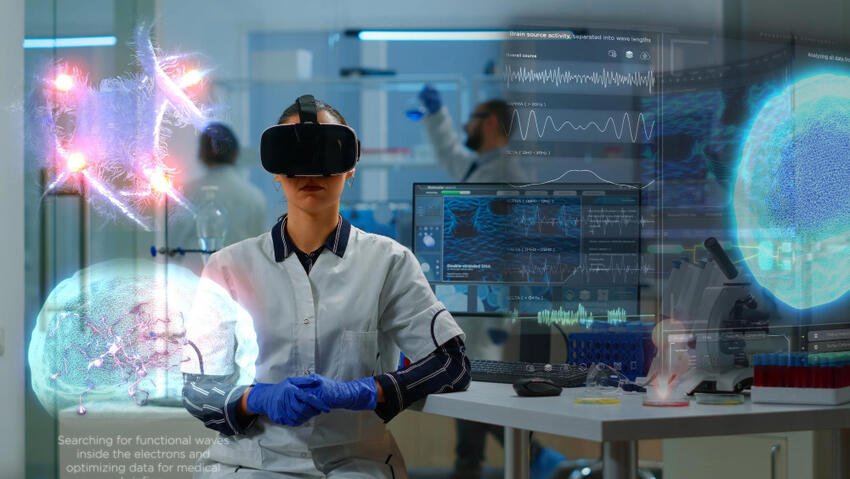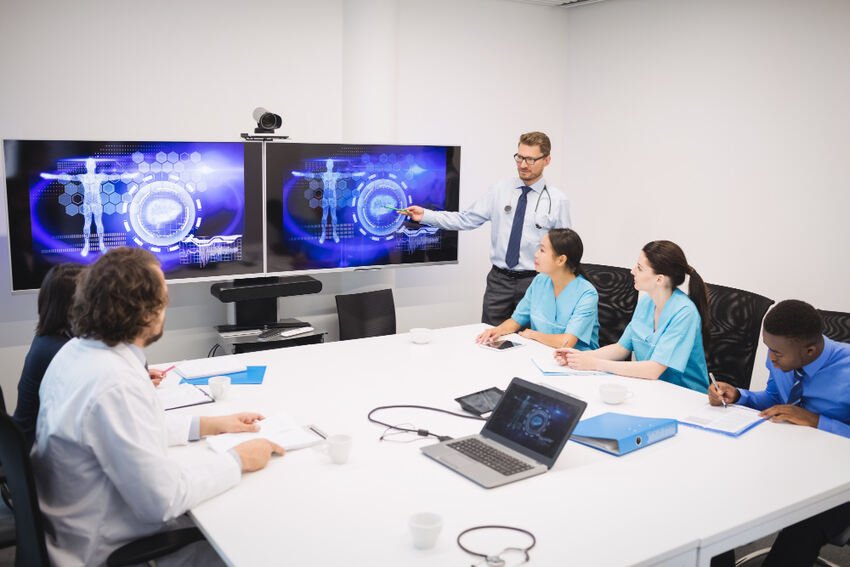The need for regular medical testing increases as you age. The changing world dynamics, climate change, and emerging diseases all make regular health monitoring pivotal. Do you want to do your best in treating an elderly relative at your home but are unsure of what to do? This article encompasses all you need to know about the medical tests that older adults should get and Cura4U offers all of them, along with several more, right under one roof at minimal prices. Get expert-level medical treatment and pay even less than what you co-pay, only at Cura4U.
Blood Pressure Testing
Hypertension is also known as increased blood pressure and is one of the most common diseases all around the globe. It is typically regarded as a silent killer because of its symptoms that do not show themselves until it is too late. Research shows that one in every three adults suffers from this ailment. According to the Centres for Disease Control and Prevention (CDC), 69% of women and 64% of men between the age of 65 and 74 suffer from hypertension. Therefore, it is essential to get yourself tested for this disease regularly if you do not suffer from it already. Getting tested once a year reduces your chances of heart attack, stroke, or other cardiovascular disorders.
High blood glucose/ Diabetes testing
Diabetes is another prevalent disease amongst older people but is a considerable health threat for young people as well. Diabetes means having a high blood glucose content, and the risk of becoming diabetic increases with advancing age. India alone is the home to approximately 72 million diabetics. High blood glucose level is known as the mother of all diseases, as it interferes with several bodily functions. Uncontrolled and unmonitored diabetes is one of the prime risks for cardiovascular disorders and also has a negative impact on the brain, heart, kidneys, and almost all other vital body organs.
Getting tested for diabetes regularly (once every 3-6 months) is as significant as treating it. Individuals who have been diagnosed with this ailment need to carefully monitor their blood glucose content through HbA1c testing at a frequency that your medical practitioner advises. An HbA1c test not only measures the average blood sugar of an individual for the past 2 or 3 months but also aids in chalking out treatment plans and lifestyle changes.
Cholesterol level testing
Our liver naturally produces a fat-like substance responsible for maintaining cell health in the body and is known as cholesterol. Contrary to popular belief, cholesterol is not a harmful substance but is rather one of the most vital elements in sustaining the body. However, high cholesterol levels in the blood can cause significant health complications. High cholesterol levels can clog arteries and veins, thereby elevating the risk of cardiovascular diseases, stroke, and heart attack. Therefore, it is extremely essential to keep a record of your blood cholesterol levels, especially if you are of old age.
Eye examination
The American Academy of Ophthalmology suggests that individuals aged 40 or older get a regular baseline screening of their eyes and eyesight. Your doctor may then decide whether you need further examination or not based on said tests. It is advisable to get annual vision screenings in case you have bad eyesight and wear glasses or contacts, and every other year if your eyes are in top-notch condition. Advanced age also brings with it the risk of several different eye diseases such as cataracts, glaucoma, and worse vision problems, and getting screened for them is essential to detect them at an early stage.
Blood testing for lipids
Apart from cholesterol, levels of particular triglycerides also interfere with the health of adults and risk stroke and cardiovascular disorders. It is essential to get tested for lipids and triglycerides, which can be conducted quickly via blood testing. Depending upon the test results, doctors may also recommend specific lifestyle changes, medications, improved diet, etc.
Colorectal cancer examination
A colonoscopy is a medical diagnostic test where a medical practitioner uses a camera to scan an individual’s colon for the presence of cancerous polyps, which are clumps of abnormal tissue growth. Health professionals suggest that people over the age of 50 should get a colonoscopy every ten years. If any polyps are detected or have a family history of colorectal cancer, more frequent cancer examinations are necessary. Digital rectal exams to detect abnormal masses in the anal canal are also performed and prove beneficial in the long run as colorectal cancer can be treated if diagnosed at an early stage. However, many cases are not detected until they have worsened to the advanced stages, which necessitates regular checkups. It is significant to remember that digital rectal examinations only examine the lower part of the rectum. In contrast, a colonoscopy scans the entire rectum.
Bone density screening tests
With advanced age, bones tend to lose essential minerals such as phosphate and calcium. This means that joints, muscles, and bones can get weaker with time, adversely affecting strength, movement, and posture. It is essential for old-aged people to regularly schedule bone density scans to keep their bone health in check. Getting tested for Vitamin D is also pivotal, as it aids the body in absorbing and retaining calcium, which in turn keeps muscle movement intact.
Read Dive is a leading technology blog focusing on different domains like Blockchain, AI, Chatbot, Fintech, Health Tech, Software Development and Testing. For guest blogging, please feel free to contact at readdive@gmail.com.





